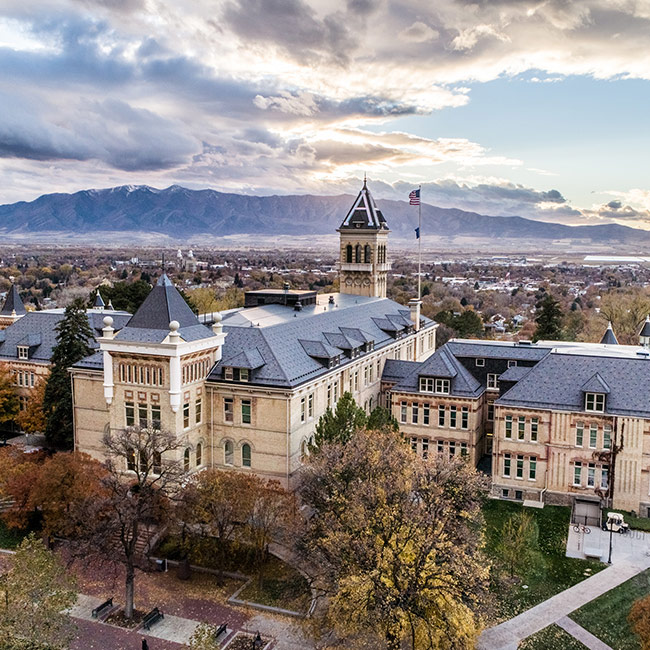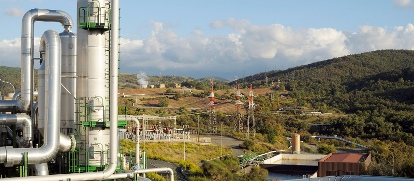About This Minor
The Environmental and Natural Resource Economics minor at Utah State University provides students with a strong foundation in the economic principles and policies affecting the environment and natural resources.
What You Will Learn
Students will study microeconomics, natural resource and regional economics, and natural resource and environmental economics. They will also choose from a selection of courses covering topics such as regional and community economic development, environmental policy, quantitative assessment, community conflict management, rural sociology, and rangeland management.
ADVISING
At a Glance
College: College of Agriculture and Applied Sciences
Department: Applied Economics Department
USU Locations:
- Logan campus
Faculty: View profiles of faculty members on the department directory.
Learn More: Program website
Program Requirements
Career And Outcomes
Career Opportunities
- Environmental Economist
- Natural Resource Economist
- Policy Analyst
- Sustainability Consultant
- Environmental Planner
USU Locations

LOGAN CAMPUS
Take The Next Step
Visit Campus
Schedule a campus tour and come see what it's all about.
Cost and Aid
Learn about tuition, scholarships, and other financial aid opportunities.
How to Apply
Start your degree path and apply now.
You May Also Be Interested In

Environmental Planning
Prepare for a career helping communities plan for growth and development in a collaborative program that prepares you for engaging work, from analysis to planning, as you inform better land-use decisions and policies.

Environmental Studies
Study the complex opportunities, issues, and concerns that surround humans’ relationships with nature in this interdisciplinary field, encompassing ecology, politics, economics, geography, and societal management.

Geography
Explore the relationships between human society and the physical environment while delving into research about the earth’s resources, whether you choose to specialize in mapping and information analysis or the dynamics of human behavior.

Recreation Resource Management
Gain a solid understanding of how humans interact with the world in outdoor recreation, a firm foundation of natural resources and scientific knowledge, and learn the best management practices for the various roles of public lands.

